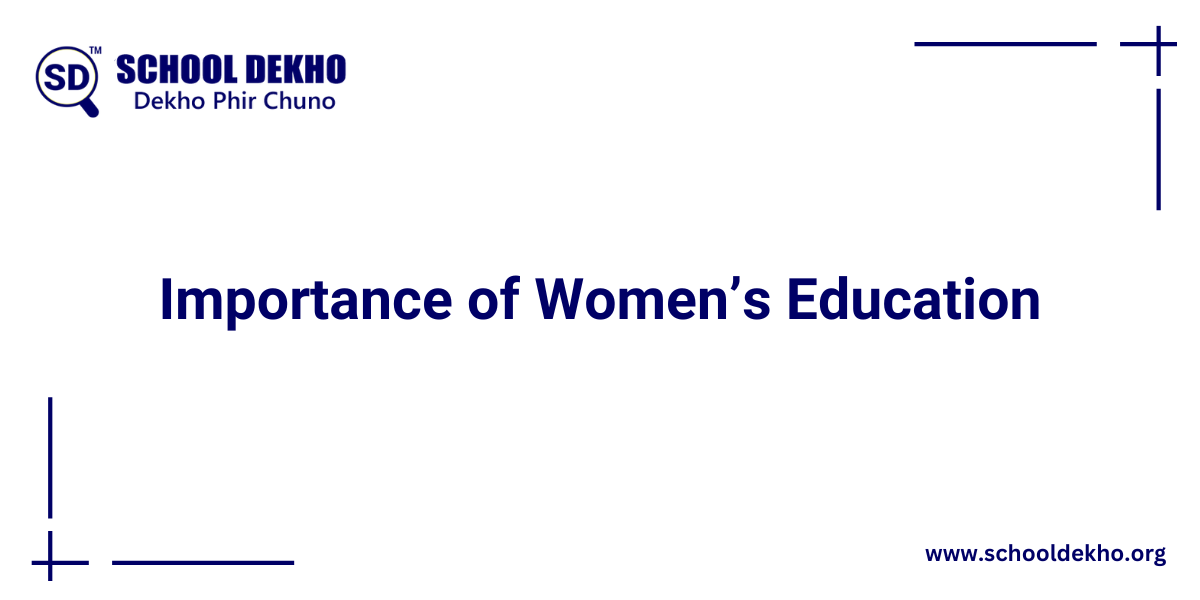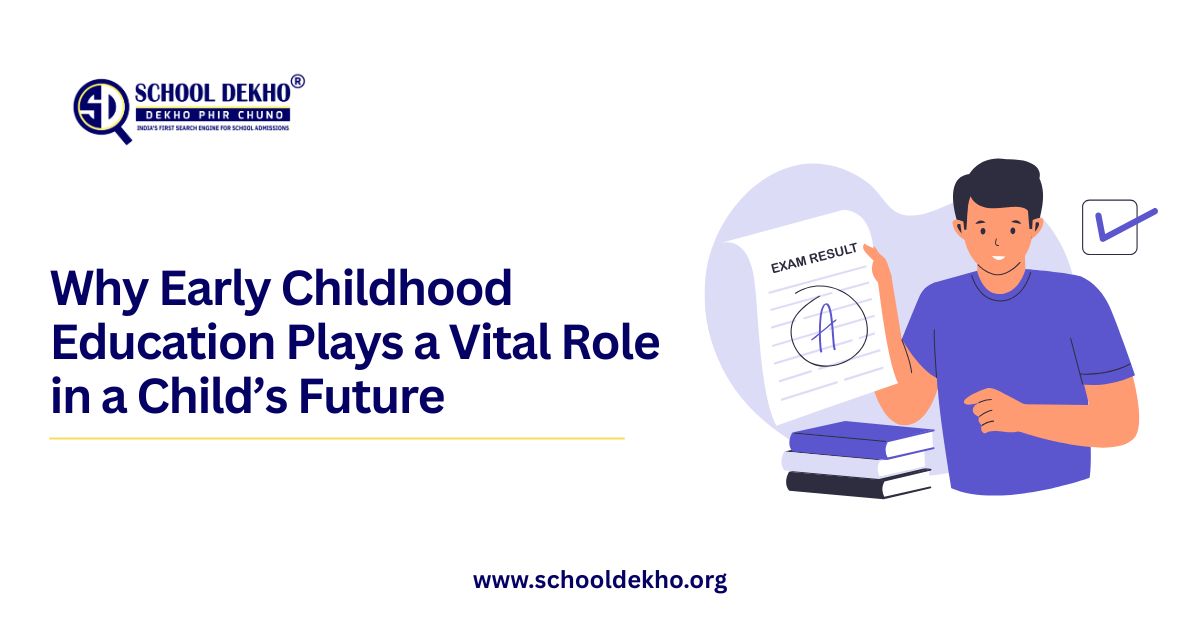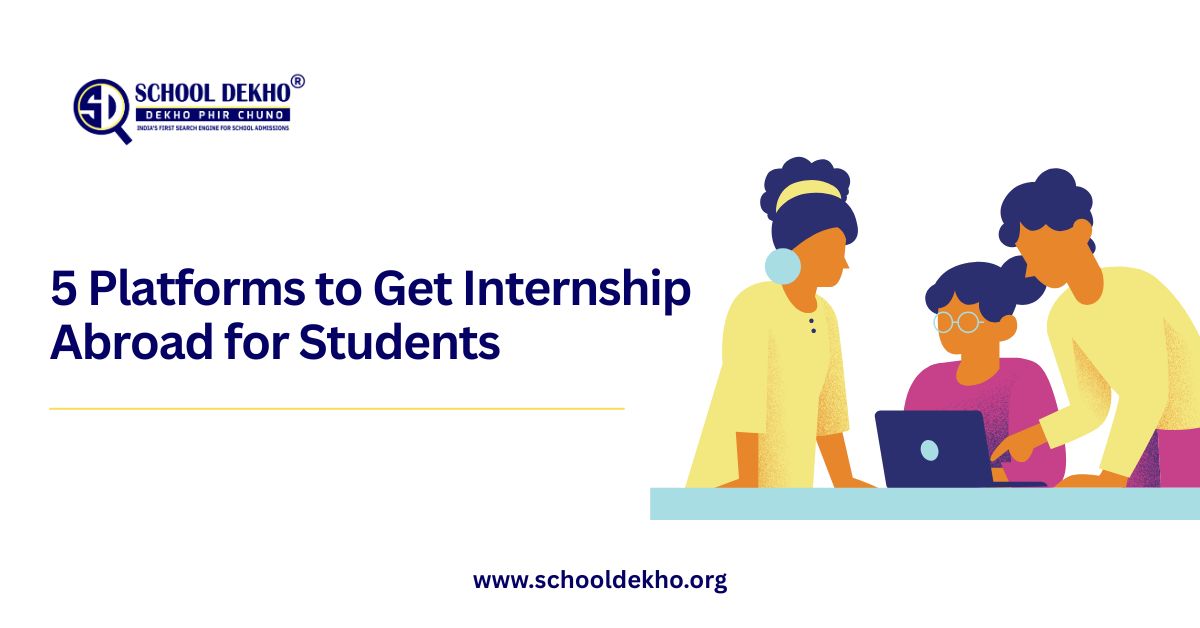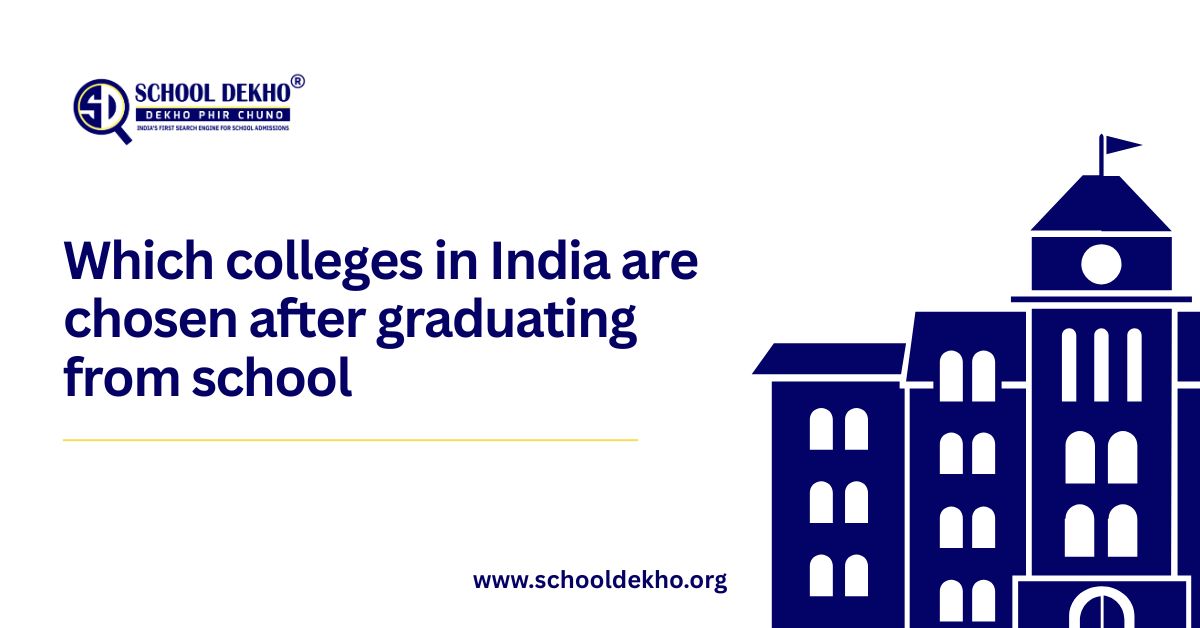

Education is important for everyone, but it's especially important for women. When women go to school, they can help their families, improve their health, and make their communities better. Education helps women make smart choices and live better lives.
Education gives women confidence and power. When women learn new things, they feel strong and can make important decisions. For example, if a woman learns how to manage money, she can help her family be more successful. Education helps women make better choices about their health and families.
When women go to school, they can get better jobs and earn more money. This helps their families and boosts the country's economy. For instance, countries where more women are educated often have faster-growing economies. Educated women can also start new businesses and improve their local economies.
Education helps women learn about health and nutrition. This means they can make better choices for themselves and their families. For example, educated women are more likely to visit doctors and get the right medicines. According to the World Health Organization, educated women have healthier families and lower rates of illness.
Education helps women fight against unfair treatment. When women are educated, they can stand up for their rights and make their voices heard. They work to make their communities fairer and more equal. Educated women help break down barriers and create more opportunities for everyone.
More girls are going to school today than ever before, but many still do not have this chance. According to UNICEF, about 119 million girls are not in school right now. In some places, girls face big challenges like not having schools nearby or not having enough money for school.
Several things can prevent girls from going to school:
Cultural Norms: In some areas, people believe girls should stay home instead of going to school.
Poverty: Families with little money may choose to send boys to school rather than girls.
Lack of Infrastructure: In some places, schools are far away or do not have the necessary facilities, making it hard for girls to attend.
When women are educated, they can help their families escape poverty. Education leads to better jobs and higher incomes. Educated women also invest in their children's education, helping break the cycle of poverty. For example, when a mother has an education, her children are more likely to go to school and have better futures.
Education helps women find better jobs. With more education, women can work in more fields and earn higher salaries. This means they can provide better for their families. For example, women with more education often get jobs in healthcare and technology, where they can earn more money.
Educated women are better at planning their families. They are more likely to use birth control and make smart choices about when to have children. This helps them take care of their own health and their children's health. Women with education usually have fewer children, which improves their quality of life.
Many governments are working to help women get an education. For example, in India, the Beti Bachao Beti Padhao program encourages families to send their daughters to school. In Rwanda, the Girl's Education Policy helps girls stay in school and finish their education. These programs aim to make education available to all girls.
Non-governmental organizations (NGOs) and international groups also support women's education. Organizations like UNICEF and Plan International provide schools, books, and scholarships for girls. They work to remove obstacles that prevent girls from going to school and support education programs.
How to Overcome the Barriers to Women's Education
Families and communities can help support women's education. Parents should encourage their daughters to go to school. Changing attitudes and breaking stereotypes about gender roles can help more girls get an education. Families can also support their daughters' education by valuing and investing in it.
Financial help is important for girls to go to school. Scholarships and grants can help families pay for school. Governments and organizations can provide money to build more schools and improve facilities. For example, programs that offer free school supplies and uniforms make it easier for families to send their daughters to school.
The future of women's education looks bright. As more girls get the chance to go to school, they will be able to improve their lives and their families' lives. With continued support from governments, NGOs, and communities, more barriers will be broken down, and more girls will have the chance to succeed. Education is the key to a better future for everyone.



